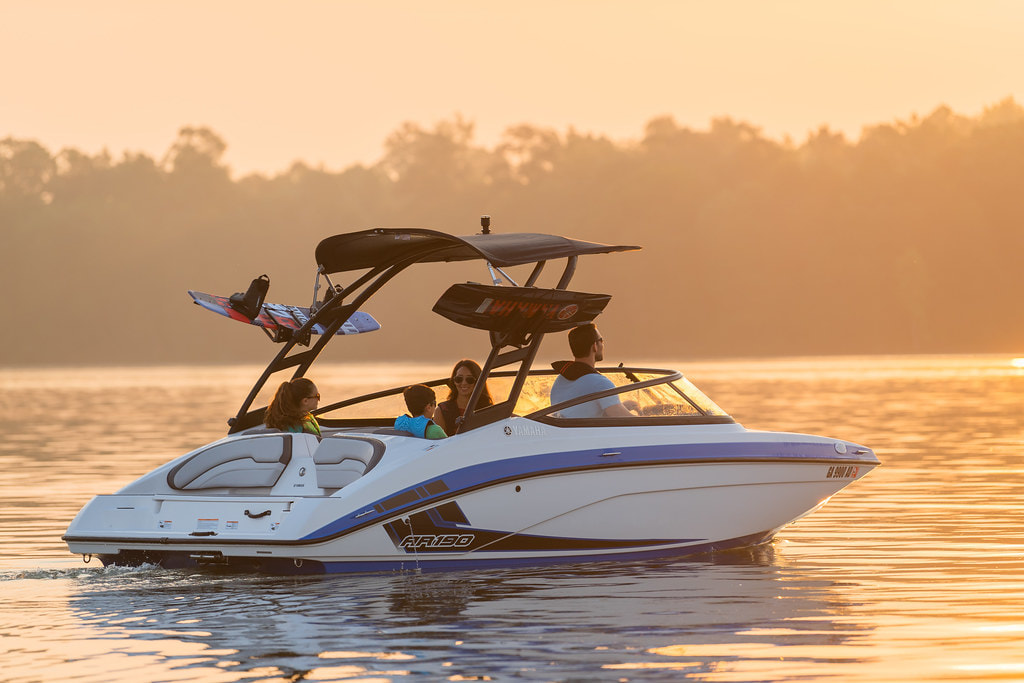Watercraft Insurance to fit your budget & needs
|
Experience worry-free adventures on the water with boat and watercraft insurance tailored to your lifestyle. Whether you're cruising on a paddle boat or powering through the waves on a speedboat, we've got you covered. Leave your worries on dry land and fully immerse yourself in the joys of boating.
While boating is meant to be carefree, it's important to acknowledge the financial risks that come with owning and operating a boat. However, with watercraft insurance, you can put those risks aside and embrace the tranquility of the water. Our boat insurance policies come with essential coverage features to protect your investment. Firstly, you'll have insurance coverage for any physical damage your boat may sustain, be it from a collision, fire, severe weather, theft, or vandalism. We understand that accidents happen, and we want to ensure that you're well-protected in such instances. Secondly, our policies also provide liability coverage. This means that you're covered for any damage you may cause to other boats or individuals, along with the associated legal costs. We believe in responsible boating and want to make sure that you're protected in case the unexpected occurs. In addition to these standard features, we offer optional extras that are worth considering. One of these is coverage for theft of or damage to your personal possessions kept or used on your boat. Think about the expensive sports or fishing equipment and gadgets you bring on board. With this optional coverage, you can have peace of mind knowing that your valuable possessions are protected. Another optional add-on is our boat towing and assistance coverage. Imagine the frustration of your boat breaking down while you're out on the water. This coverage ensures that you're protected against the costs that may arise from such situations, allowing you to focus on making the most of your time out on the water. We understand that spending time on the water is all about fun and relaxation. That's why we're here to provide you with the proper boat insurance coverage to enhance your boating experience. Don't wait any longer, talk to us today and embark on worry-free adventures on the water. |


